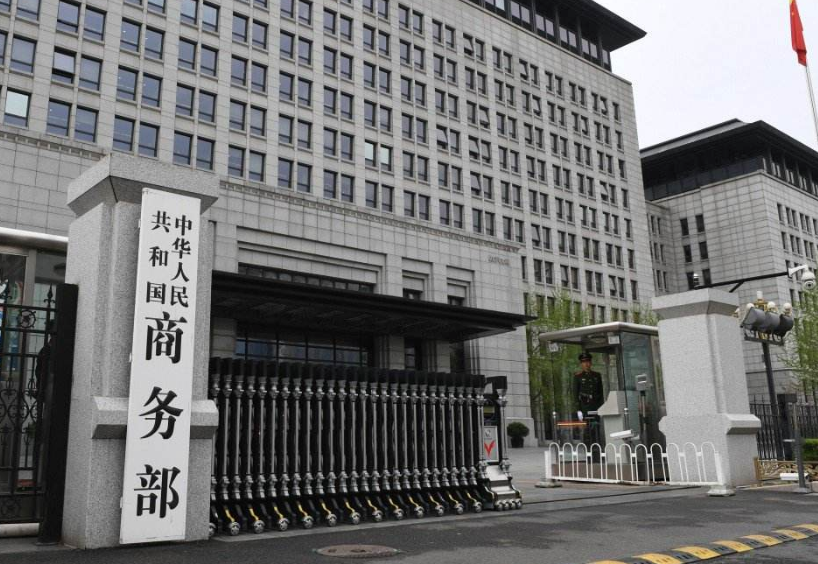That could make a lot of Huawei phone owners unhappy. Its better to keep them running the same Android OS. I know I won't be happy if an update would break my games and my apps. You can also get sued by these owners, since this is a breech of sales contract.
In my opinion, Huawei is likely running its skinned AOSP in the Chinese market just like the other Chinese smartphone manufacturers. Its better to sell a Googleless AOSP phone and leave hooks so that you can download and installed Google Play and other Google software separately. Amazon's Fire Tablets is running an AOSP and is Google-less.
It is very difficult to break a duopoly once that is established. See how Blackberry OS and Windows Phone died.
The name ARK OS, ARK sounds like Android Runtime for the AR. K I don't know what it stands for.
If Huawei is cut off from Google permanently, what is their strategy?
My view is that they would still use the Android Open Source Project (as their are doing for Chinese phones), but build a version with absolutely no Google or US input.
In the short-term, that means Huawei can still retain their Chinese market share, which accounts for half of their smartphone sales.
Then there's some more sales from overseas, although they will have lost the bulk of their overseas market share.
But in the long-term, Huawei keep working on their version of Android, and look to make it equal/better to Google Android with its software ecosystem.
And eventually, if Huawei wants to regain their overseas sales, the Huawei Android ecosystem needs to be competitive with the Google Android ecosystem
So the Huawei Android ecosystem needs to spread beyond Huawei and be used by its competitors, which would require some sort of separation between Huawei smartphones and Huawei Android.
Note that China currently has a smartphone user base of 700M+.
That is larger than the US+Europe combined, so China does have an internal market that can support a rival to Google Android.

